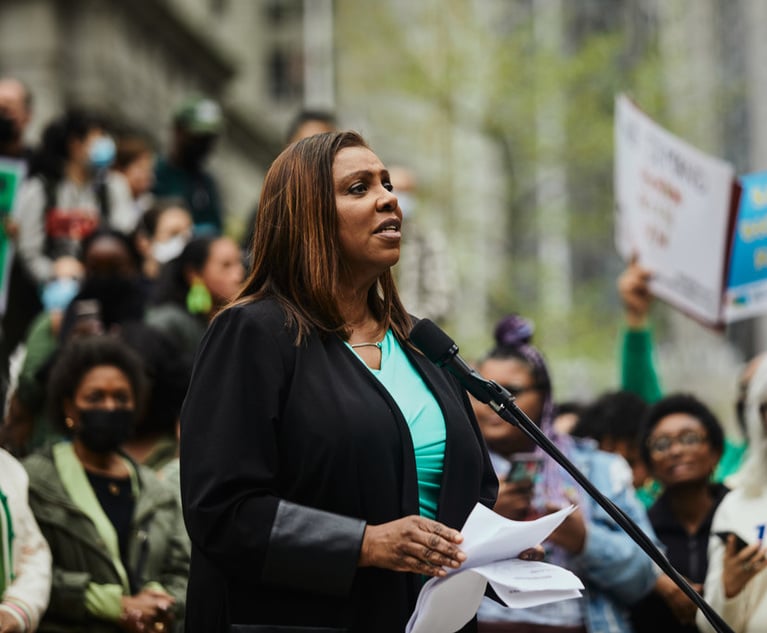Bankruptcy courts across the United States continue to consider third-party releases and the circumstances under which they may be permissible, if any. The U.S. Court of Appeals for the Fifth Circuit has previously held that bankruptcy courts may not issue nonconsensual, third-party releases as part of a confirmed Chapter 11 plan of reorganization. See Bank of N.Y. Tr. Co. v. Official Unsecured Creditors’ Comm. (In re Pac. Lumber Co.), 584 F.3d 229, 251 (5th Cir. 2009). However, third-party releases also exist in the non-bankruptcy context. Two recent opinions from the Fifth Circuit shed light on the scope of permissible bar orders and third-party releases of claims in the receivership context. Such bar orders may provide an effective alternative to third-party releases in bankruptcy in resolving mass tort cases.
On June 17, 2019, the Fifth Circuit vacated a district court order approving a $65 million settlement payment by insurance underwriters to a receivership estate and an accompanying bar order enjoining third-party claims against the underwriters arising out of a bank Ponzi scheme. See S.E.C. v. Stanford Int’l Bank, Ltd., 927 F.3d 830 (5th Cir. 2019) (Jones, J.). The court found that the district court had lacked authority to approve a settlement that nullified claims of coinsured parties to policy proceeds, like those of the former employees, “without an alternative compensation scheme.” It also found that the non-consensual release of the claims of the former employees outside of the policy itself was an impermissible third-party release of direct claims that did not belong to the receivership.


 Corinne Ball
Corinne Ball




